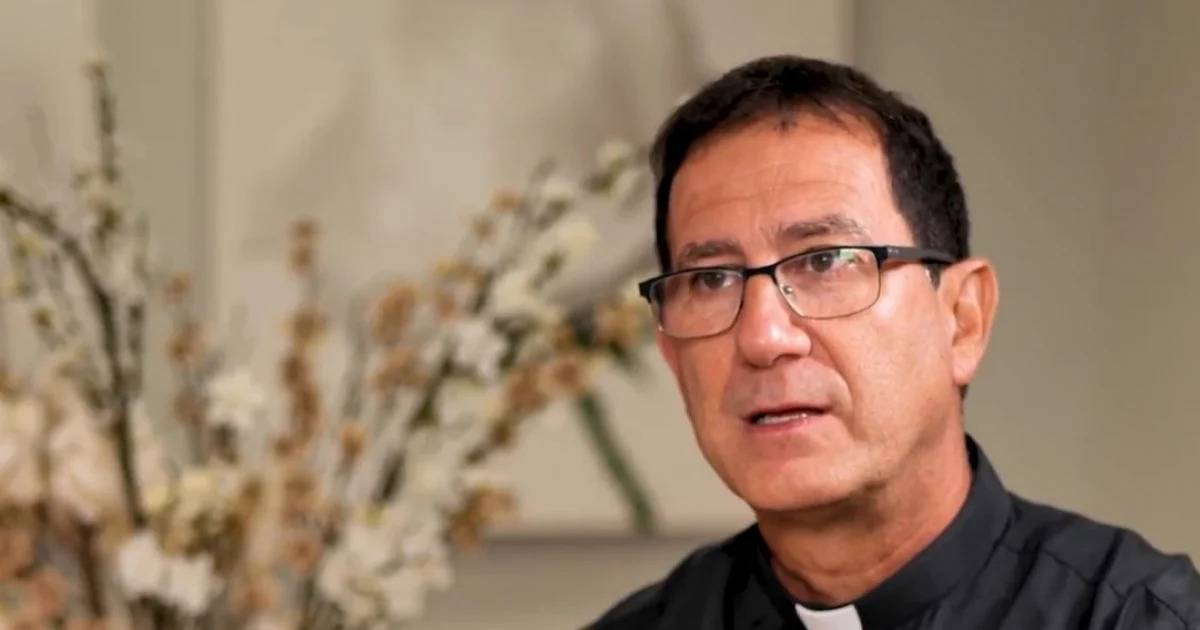Cuban priest Alberto Reyes has openly questioned the Cuban regime's abrupt cessation of the release of political prisoners without providing any explanation. A vocal critic of the dictatorship, Reyes pointed out that the government had previously announced this process as a 'gesture of goodwill' towards the Catholic Church, claiming it was unrelated to Cuba's designation as a state sponsor of terrorism.
Reyes, who has been outspoken about his disapproval of releasing only 553 out of over a thousand political prisoners, noted that when Cuba was re-added to the list of terrorism sponsors, the release process inexplicably stopped, leaving both the government and the Church silent.
The Silence Surrounding Political Prisoners
"What happened to the 'goodwill gesture'? Will no one demand answers from either side?" the priest asked, expressing concern that while silence prevails, the prisoners remain condemned and forgotten, and the issues that drove them to protest remain unaddressed.
In a piece shared by CiberCuba, Reyes reflects on the notion of 'limbo'—initially a theological hypothesis for unbaptized infants, now a term for forgotten matters. He suggests that this is where political prisoners have ended up.
Political Prisoners in Limbo
The official media never referred to them as 'political' prisoners, but when the release of 553 individuals was announced, it was clear who they were. This release was touted as a 'goodwill gesture' during the Catholic Church's Jubilee, supposedly unrelated to Cuba's terror sponsorship status. However, the timing of the two events—Cuba's removal and subsequent re-inclusion on the list—suggests otherwise.
With Cuba's re-listing as a state sponsor of terrorism, the release process has mysteriously halted, accompanied by complete silence from both the government and the Church, effectively placing these prisoners in a metaphorical limbo.
The Consequences of Silence
Unlike the theological limbo where no sin was involved, these political prisoners are accused of the grave 'sin' of protesting for freedom, challenging the idyllic image of a proud, Marxist-Leninist nation. "What happened to the 'goodwill gesture'? What about the Vatican's good relations?" Reyes questions, urging transparency and accountability.
He warns against returning to a past where unspoken understandings prevailed, emphasizing the need to address the reasons people protested—symbolic wages, real hunger, lack of medicine, a stagnant life, and restricted freedom. As silence envelops the island, those who raised their voices continue to suffer in prison, forgotten.
Understanding Cuba's Political Climate
Why were political prisoners initially released in Cuba?
The Cuban government announced the release of 553 political prisoners as a 'gesture of goodwill' towards the Catholic Church, coinciding with the Church's Jubilee, despite claims that it was unrelated to Cuba's terror sponsorship status.
How did Cuba's status as a terror sponsor affect prisoner releases?
When Cuba was re-listed as a state sponsor of terrorism, the process of releasing political prisoners abruptly stopped, leading to silence from both governmental and ecclesiastical authorities.
What does 'political limbo' mean in this context?
'Political limbo' refers to the uncertain and forgotten state of political prisoners in Cuba, kept in silence with no clear path to freedom.
